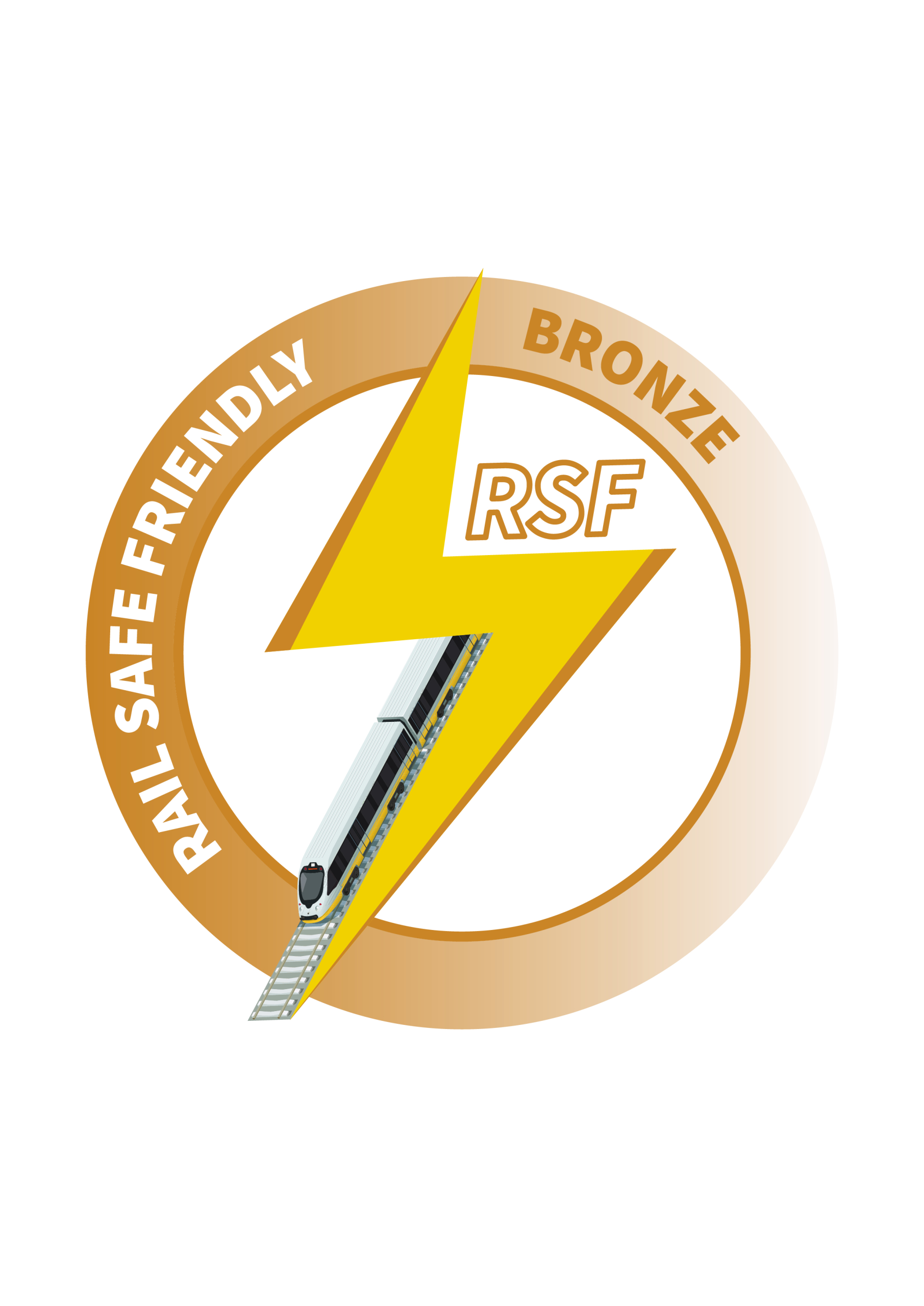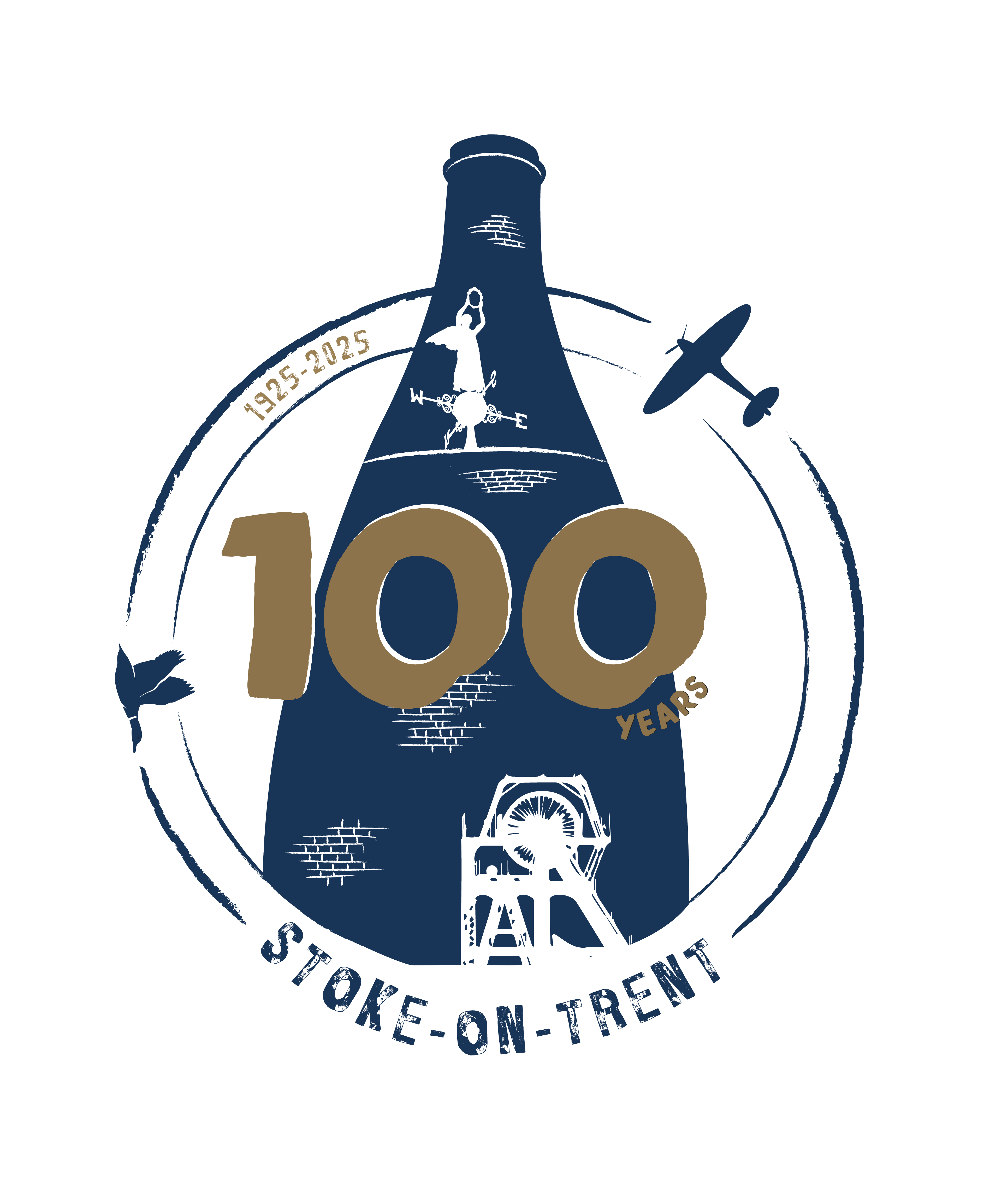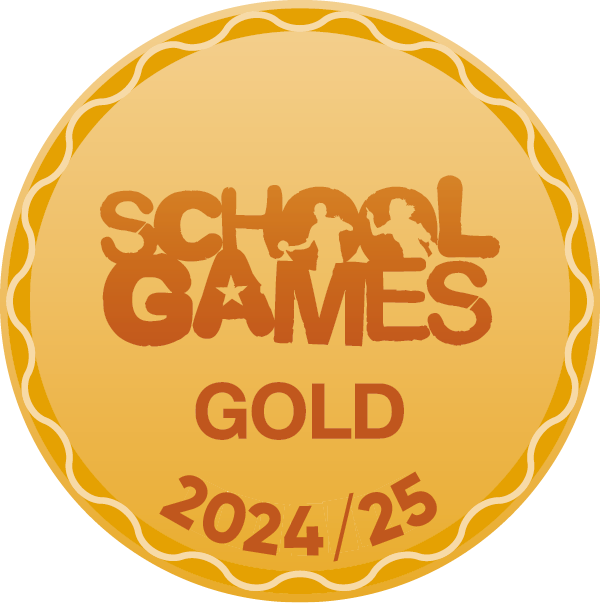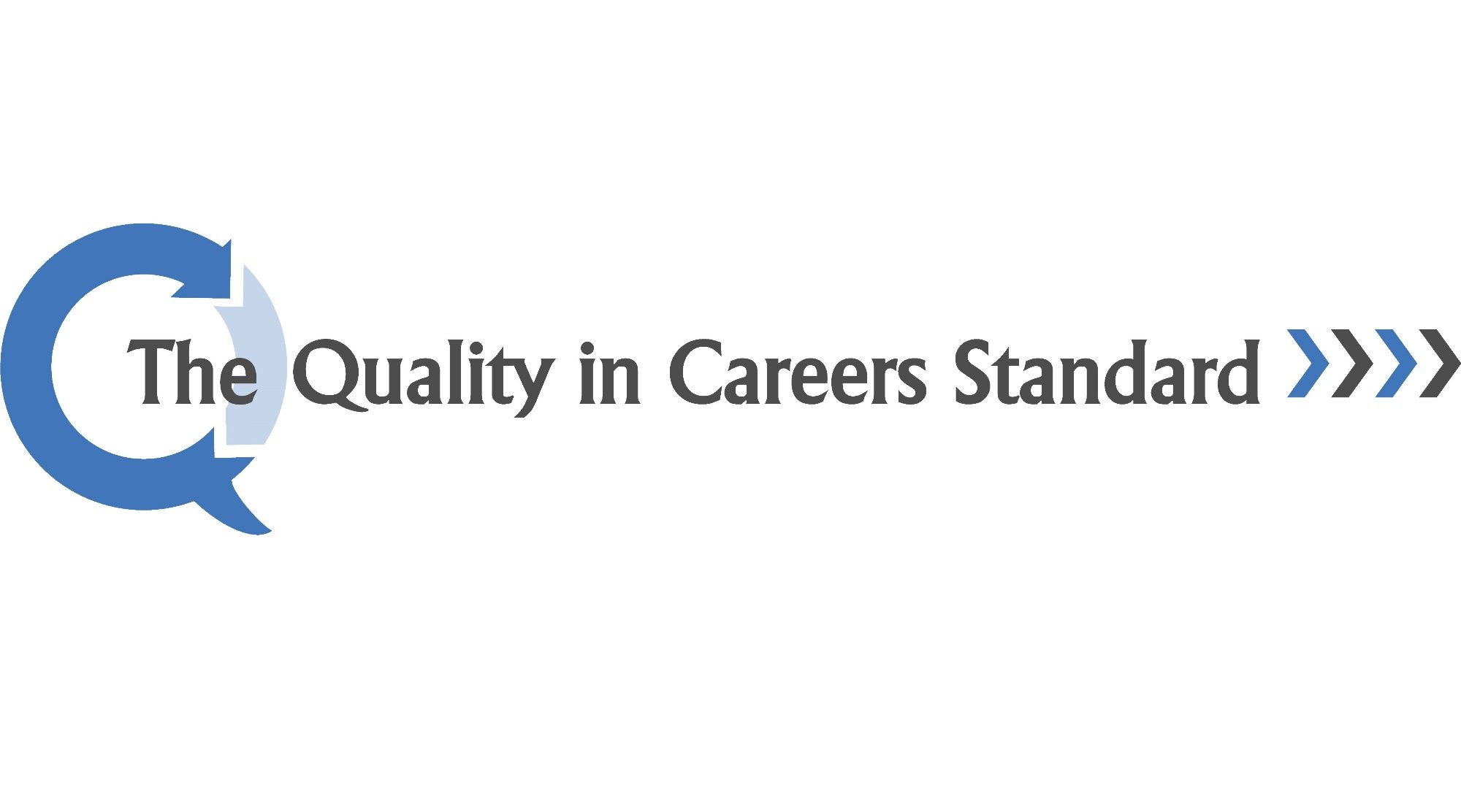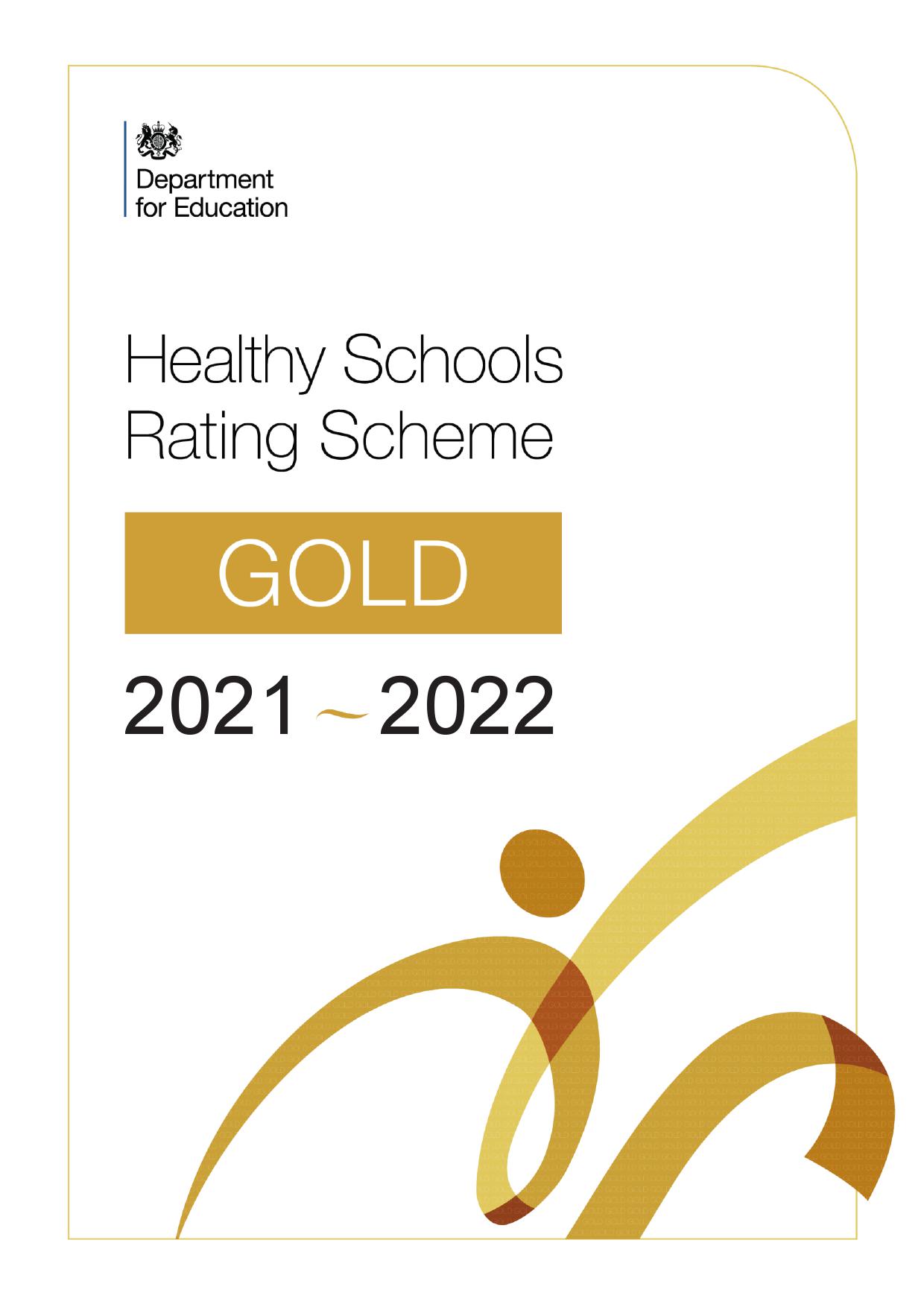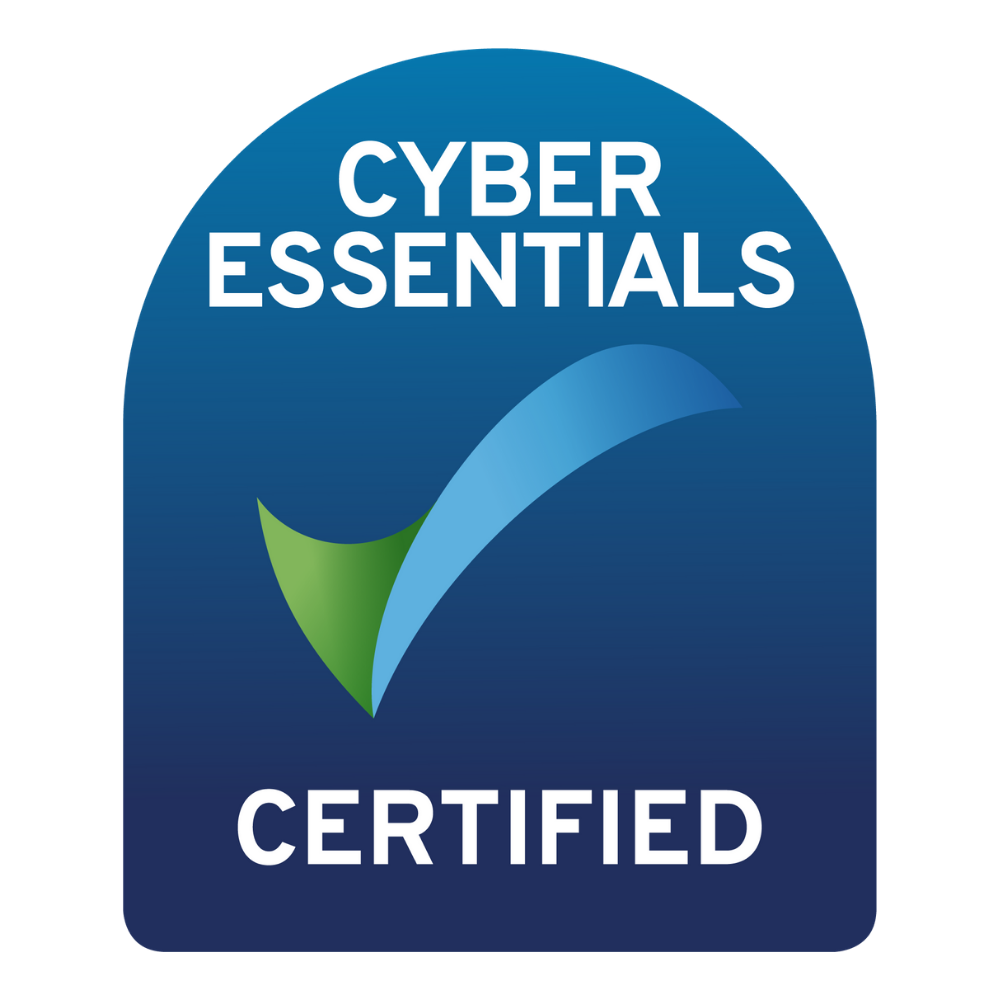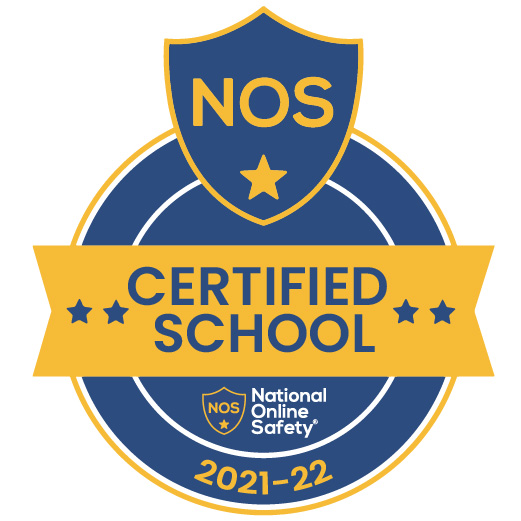Computer Science
Computer Science
Have you ever played a game and wanted to know how it worked?
Have you ever wondered what’s inside a PC and what it does?
Have you got a great idea for an app and need to know how to create it?
If so, then Computing is for you. In this course, you will learn how to write code and understand computers and their role in society.
Computer Science will encourage students to:
• understand and apply the fundamental principles and concepts of Computer Science, including abstraction, decomposition, logic, algorithms, and data representation
• analyse problems in computational terms through practical experience in solving such problems, including designing, writing and debugging programs
• think creatively, innovatively, analytically, logically and critically
• understand the components that make up digital systems and how they communicate with one another and with other systems
• understand the impacts of digital technology on the individual and to wider society
• apply mathematical skills relevant to Computer Science.
